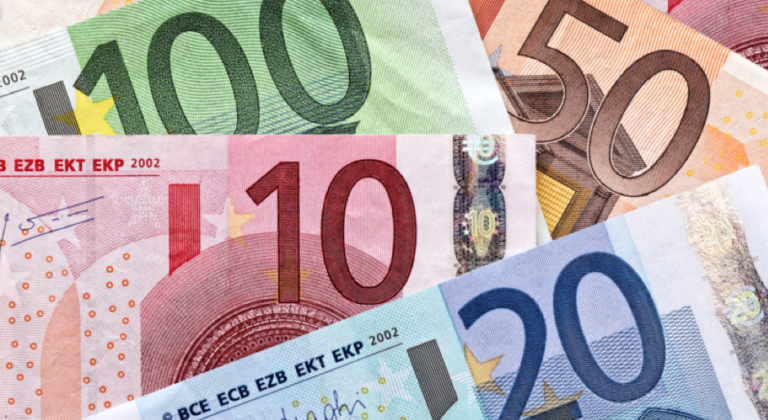

The use of the global network for e-commerce operations requires ensuring an adequate level of security for all financial transactions carried out online. Each payment system uses the most convenient methods based on its capabilities and technical specifications. However, this doesn’t mean that you should only trust the system without adhering to general safety rules. For example, using ExpressVPN vs NordVPN or performing e-commerce operations or online trading in private networks will be a very good idea.
Online Security as It Is
The concept of information security means its resistance to accidental or deliberate impacts, the inadmissibility of destruction, distortion or disclosure to third parties, which can lead to material damage to the information owner. Here are some of the basic requirements that are to be adhered to:
- Confidentiality – protection of information from unauthorized access is often provided by data encryption – conversion of text data into digital form, which can not be read without a special algorithm and a key;
- Authentication – unique identification of the user. This often uses a login (domain name) and password, as well as additional confirmation, including one-time passwords or secret codes that are printed in a single copy for a given user password;
- EDS – for the best data protection, electronic digital signatures (EDS) are used, which unambiguously determine that this information was received from a particular person who owns the information;
- Integrity – protection from unauthorized changes during storage and transfer of information is often provided by the EDS, since it can be used to prove not only that the transaction was initiated by a specific source but also that it was not changed/corrupted during transmission.
The use of VPN for business is good for the following financial transactions:
- Electronic money is a means of payment when making purchases of goods and services that are stored in the so-called “electronic wallets,” the security of such “wallets” is provided by cryptographic encryption techniques. So when sending to a payee via the Internet, EDS is used;
- Bank payment cards – plastic cards for payments between participants in the transaction are applied using additional security measures (encryption of messaging, digital signature, and others), as well as the SET standard proposed for payments on the Internet by VISA and MasterCard;
- Virtual cards are special payment cards for making payments exclusively on the Internet. They are used as ordinary bank payment cards, but, as an additional means of protection against any significant theft, they contain a small amount of money, often for one specific transaction.
Whichever the system you use for transactions, basic security rules are to be followed since nothing will help if the user succumbed to the provocation and moved to a fake website via a link. When making any transaction via the Internet, one should first of all be guided by the requirements of information and financial security. That is why we strongly recommend you to use a VPN when making any financial operations online and never connect to public WiFi networks if you are going to submit any sensitive information online.
Featured Image: https://spunout-images.s3.amazonaws.com/articles/_articleHeader/shutterstock_175746218.jpg?mtime=20180724070857
The post How to Reach 100% Security of Online Transactions? appeared first on Global Coin Report.
Read more at https://globalcoinreport.com/how-to-reach-100-security-of-online-transactions/

Globalcoinreport.com/ is author of this content, TheBitcoinNews.com is is not responsible for the content of external sites.
source: https://globalcoinreport.com/how-to-reach-100-security-of-online-transactions/
TheBitcoinNews.com is here for you 24/7 to keep you informed on everything crypto. Like what we do? Tip us some Satoshi with the exciting new Lightning Network Tippin.me tool!
